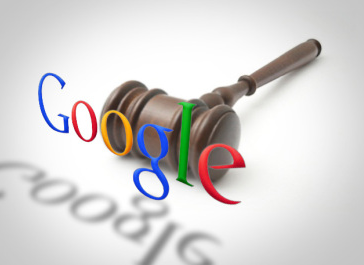The controversial and incredibly bold ‘Right to be Forgotten’ ruling, imposed by the European Union in the last few weeks, has been the target of both heavy criticism and rabid public interest in the short period following its launch. The ruling, inspired by the decision to remove search engine links to material deemed in breach of copyright, has seen members of the public being given the right to demand censorship of any information that is proven to personally attack or insult them.
Google and its amazing search engine, which has now indexed and categorized nearly every page in the public domain, is the only thing affected on such a grand scale by the ruling. The company has received 41,000 requests from the general public demanding their right to be forgotten by webpages concerning subjects from serious crimes to unspecified ‘other’ pages which certain individuals are not happy to see online.
Of course, if you haven’t guessed already, the main point which critics have been hammering home time and time again goes just so – The offending web page is not removed from the internet even if the links are blocked from Google search results – In the exact same way as pages which breach the DMCA copyright act stay exactly where they are when those pages are blocked too.
Wikipedia founder Jimmy Wales spoke out against the ruling in a recent interview with Techcrunch, saying that “In the case of truthful, non-defamatory information obtained legally, I think there is no possibility of any defensible ‘right’ to censor what other people are saying,”
“We have a typical situation where incompetent politicians have written well-meaning but incoherent legislation without due consideration for human rights and technical matters,”
He also expressed his opinion that “There is no ‘ right to be forgotten ‘ – there is apparently a ‘ right ’ in Europe to censor some information that you don’t like.”
There is a lot of information on the internet that certain suspicious individuals definitely do not like and would be glad to censor. Google said a third of requests so far have been related to fraud and scams, a fifth were related to serious crimes, 2 percent to celebrities, while 12 per cent involved child pornography offences. From the trivial to crimes unforgivable, the public has been given free rein to take matters into its own hands.
It’s sad that the once free and utterly unpredictable online world has also become as wrapped in politics and legislation as any other aspect of today’s society. Much of what once was is slowly slipping through our fingers. Today’s web users might be the last of the web pioneers, the internet explorers of the 21st century, as the future of browsing looks to be serious and highly regulated. Sadly, the rules of real life may one day apply.
Sources – The Guardian, Techcrunch

